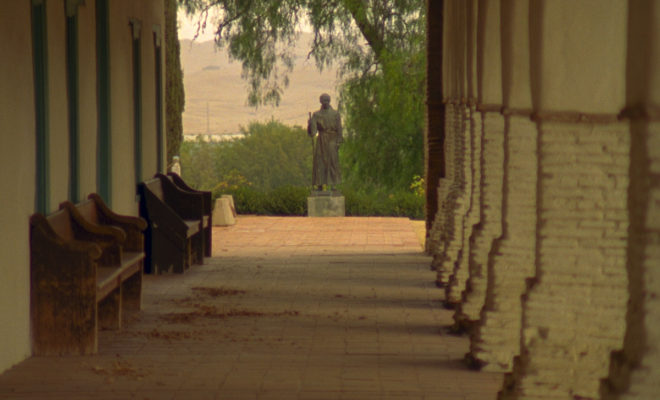 Courtesy Wolfe Video
Courtesy Wolfe Video
Entertainment
‘The Royal Road’: Not Your Mama’s Road Picture
The road in “The Royal Road” is El Camino Real, a route established by Spanish missionaries that serves as a backdrop for the narration in this experimental documentary from filmmaker Jenni Olson. (Set for worldwide release Sept. 6 via Wolfe Video on DVD/VOD, and on digital platforms including iTunes, Vimeo On Demand, and WolfeOnDemand.com.)
Along the way, the narrator (Olson) touches on classic films, laments her inability to ride into the sunset with her elusive love, and expounds on the canonization of Father Junipero Serra, whom many blame for the decimation of Native Americans on the West Coast.
Olson just returned from a conference in Montana, where she screened “The Royal Road” for a group of academics.

Jenni Olson, director of “The Royal Road.” Photo: Bret Hartman/TED
“Montana itself was lovely and very relaxing … and it was exciting to show the film in that context, to have lots of smart people say what they think I was trying to do,” Olson says with a laugh.
As a former film festival programmer for San Francisco’s Frameline, and an LGBT film critic/historian, making her own films seems a natural step.
“I’ve seen literally thousands of docs, shorts and features over the years,” she says. “And I’ve always found the most compelling films to me are films that are tackling things from multiple perspectives and that are personal.”
“The Royal Road” juxtaposes personal pondering of love–the narrator’s messy road trips of the heart–with the legendary stretch of historic road that connects San Francisco and Los Angeles.
The narrator lays the foundation for this journey—so the obvious question: Is the tale of unrequited love true?
Olson laughs, “Well, yes and no.”
“There’s a line in the film about thinking of myself as a fictional character, which is true. I often think of my own experiences in relation to characters in films. It’s a way of relating to the world, which may or may not be healthy, but it makes life bearable.”
To put it simply, she says, “The Royal Road” is “emotionally true.”
And what about a title I came across, “Get Me Guinevere Turner?” Olson reveals that it was the original title of the film.
Turner (“American Psycho,” “The L Word”) is a writer-actress-director known in the LA film community as a generous contributor/collaborator to many LGBT projects, since establishing herself in the ground-breaking lesbian film “Go Fish” (1994), in which she starred and co-wrote.
“She was somewhat of a muse in the origin of the film,” says Olson. “And I’m a huge fan of ‘Go Fish’ and of the writing. That film works a bunch in voice-over in the beginning of it. I was very influenced by it.”
Olson was also influenced by El Camino Real, the Royal Road itself.
“At least in the mythological history, it was the way that the Spanish colonized California … establishing missions along the way as they made their way up. It seemed like it could work as storytelling device.
“My films are urban landscape films. It made sense to have some of the theme of the film to be literally about the history of the landscape itself. Merge that with this more personal account, as I say, butch-dyke pining over unavailable women in California against this landscape.”
She jokes that in her celluloid pursuit of women, “nothing happens.”
“Obviously, all kinds of things happen,” she adds. “Isn’t that kind of how our lives are? We go through our lives and we’re trying to make things happen and [laughs], I like to say often the most interesting stories are about people not getting what they want. It’s the journey, the striving and the desire that’s interesting, and that we connect with, as viewers.”
The journey takes its time, giving the viewer time to think.
“Think and feel,” Olson says. “Hopefully that’s the other thing that’s happening.”
As a contributor to the new wave of LGBT films, Olson is optimistic, but has some concerns.
“It’s exciting that we have so many LGBT films being made. As someone interested in film preservation, I have a lot of anxiety about how our moving image history is being preserved. Film is a vulnerable medium, but not as vulnerable as tapes and digital files also in terms of the technology to play them.”
As a member of the advisory board of the Outfest UCLA Legacy Project, Olson says there “are so many films, there’s a lot of work to do.”
But, she adds: “It’s a good thing.”
Jenni Olson lives in San Francisco with her wife, activist Julie Dorf, founder of Outright International and a producer on this film, and their two daughters.
Bonus features on “The Royal Road” DVD include an interview with filmmaker and four of her short films, “575 Castro Street,” “Meep Meep!,” “Blue Diary,” “Sometimes.”

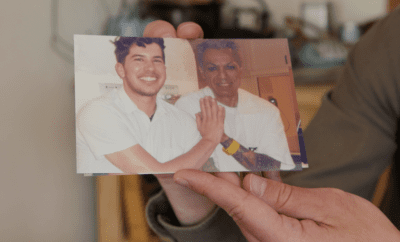
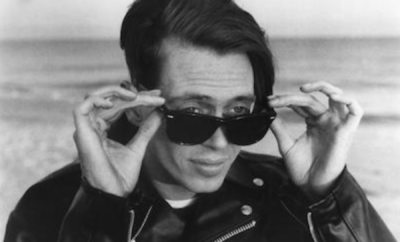
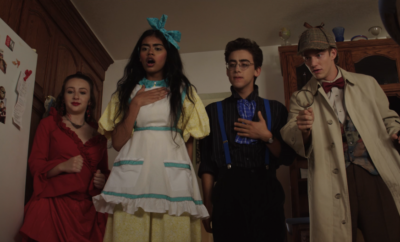
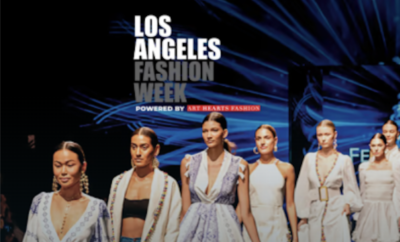
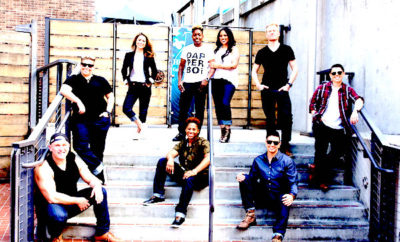

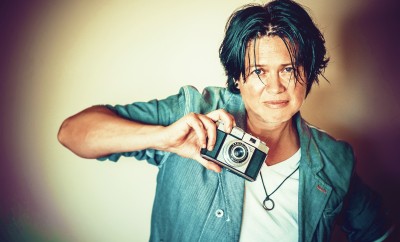
You must be logged in to post a comment Login